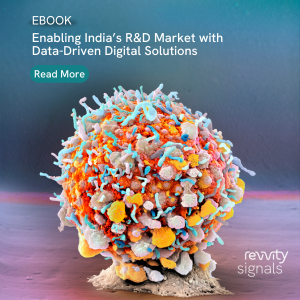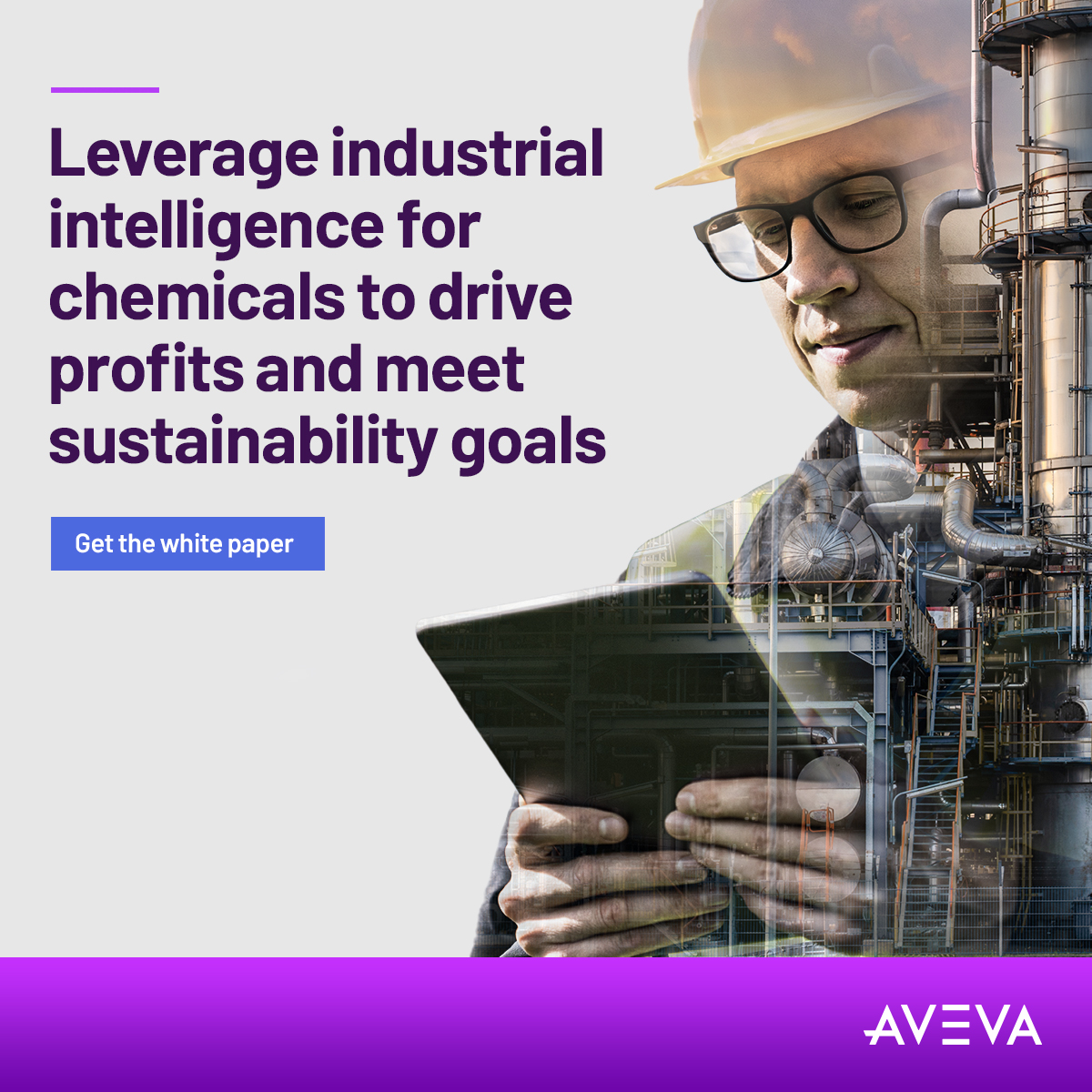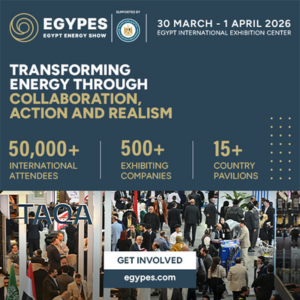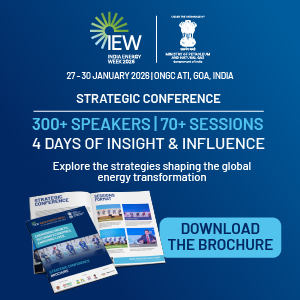Gallery
May 17, 2024
Countries will be implementing Chemical Management System to reduce risks: Willi Menninghoff, APAC Director Health Science, Product Stewardship, Ramboll Korea
Countries will be implementing Chemical Management System to reduce risks: Willi Menninghoff, APAC Director Health Science, Product Stewardship, Ramboll Korea
May 15, 2024
Aim to become import substitute for instrumentation business in India: Vinayak M. Patankar, Whole Time Director & CEO, Borosil Scientific Ltd. & Sreejith Kumar, Associate Vice President - Design, Borosil Scientific
Aim to become import substitute for instrumentation business in India
May 15, 2024
Looking at increasing manufacturing base outside India: Sidharth A. Choksi, Executive Vice President, Hindustan Platinum
Looking at increasing manufacturing base outside India
May 15, 2024
Developing new products like Vitamin B1 and Vitamin B6: Hemal Mehta, Chairman, Sudarshan Pharma Industries Ltd. & Sachin Mehta, Managing Director, Sudarshan Pharma Industries
Developing new products like Vitamin B1 and Vitamin B6
May 15, 2024
Developing ingredients to solve specific functionalities for home & personal care, paint & coatings: Sandeep Singh, Co-founder & CEO, Covvalent
Developing ingredients to solve specific functionalities for home & personal care, paint & coatings
May 15, 2024
Investing Rs. 100 crore in new surfactants plant in Dahej for oil & gas industry: Samir Gupta, President - Sales & Marketing, Krishna Antioxidants
Investing Rs. 100 crore in new surfactants plant in Dahej for oil & gas industry
May 15, 2024
Entering into new tie-ups with Indian and international manufacturers: Dinesh Mehta, Director, Ultima Speciality Chemicals
Enter in to new tie-ups with Indian and international manufacturers
May 15, 2024
Investing around Rs. 280 crore on two new facilities in Dahej by 2026: Ruchit Jani, CMD, Matangi Industries
Investing around Rs. 280 crore on two new facilities in Dahej by 2026
May 15, 2024
Targeting a turnover of Rs. 3,000 crore by March 2026: R. Parmeshwaran, National Manager - Sales, V-Logis
Targeting a turnover of Rs. 3,000 crore by March 2026
May 15, 2024
Converting commodity chemicals into specialty chemicals including semicon chemicals: Pankaj Mittal, Head (Marketing), Gujarat Alkalies and Chemicals
Converting commodity chemicals into specialty chemicals including semicon chemicals


















